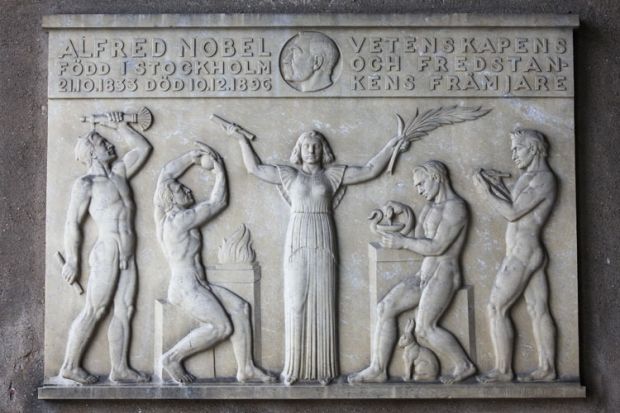The award recognises their work in identifying key aspects of an advanced positioning system in the brain, or inner GPS, which makes it possible to know where we are and find our way.
One half of the prize goes to John O’Keefe, a professor in the Institute of Cognitive Neuroscience and the department of anatomy at University College London. The second half is shared by May-Britt Moser, professor at the Kavli Institute for Systems Neuroscience at the Norwegian University of Science and Technology, and her husband Edvard Moser, a professor in the same institute.
In the early 1970s, Professor O’Keefe discovered the first component of the brain’s positioning system. His work showed that cells in the region of rats’ brains known as the hippocampus create many inner maps of the environment. These maps provide information about positioning and how to recognise new environments.
Professor O’Keefe’s findings had a dramatic impact on the study of how the brain creates behaviour and demonstrated that specialised nerve cells can compute abstract higher brain functions.
More than 30 years later, professors Moser and Moser discovered another component of the positioning system in rats that allows the brain to create a mental representation of the environment, which can be used for navigation in the external world.
Professors Moser and Moser showed that grid cells in a different region of the brain connected to the hippocampus produce a coordinate system that can divide the environment into longitude and latitude and allows us to keep track of how far we have moved from a starting point or corner.
None of the winners has appeared on David Pendlebury’s prediction list. Mr Pendlebury, a citation analyst at Thomson Reuters, predicts three potential winners of each Nobel prize every year.
Register to continue
Why register?
- Registration is free and only takes a moment
- Once registered, you can read 3 articles a month
- Sign up for our newsletter
Subscribe
Or subscribe for unlimited access to:
- Unlimited access to news, views, insights & reviews
- Digital editions
- Digital access to THE’s university and college rankings analysis
Already registered or a current subscriber? Login




